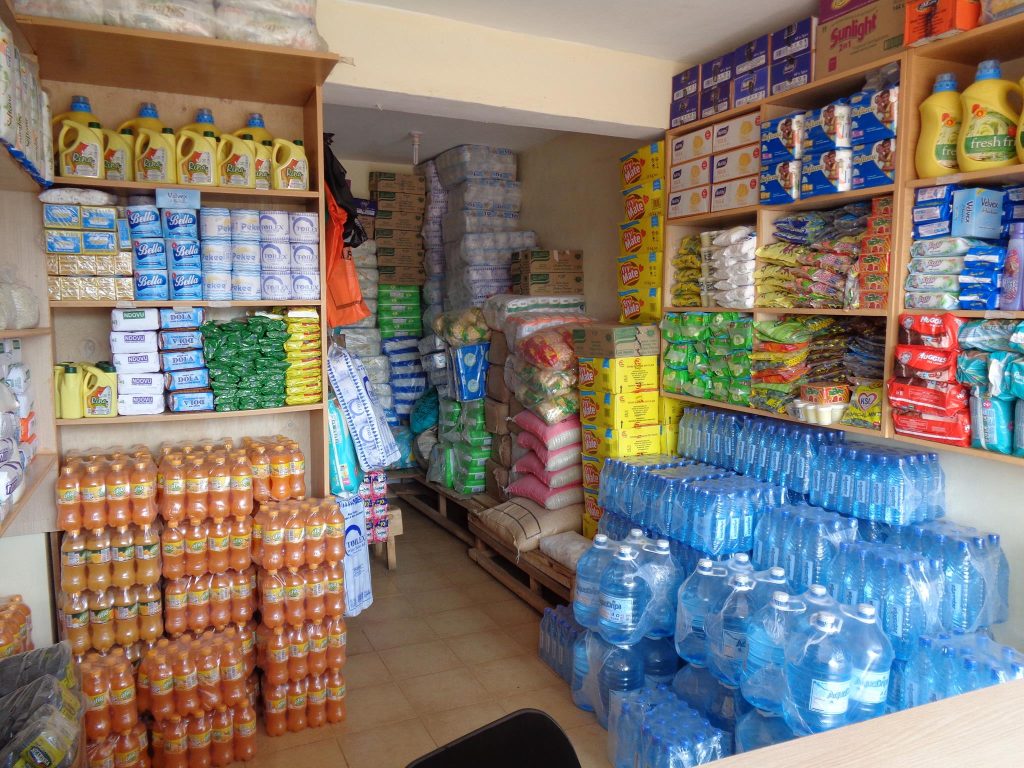Is Bulk Shopping Really Saving You Money In This Economy Or You Are Just Wasting Time

On the surface, stocking up on supplies in bulk may seem like a savvy way to save money that’s why a lot of people opt to go to markets and places like Eastleigh where you can buy things in wholesale. But is buying in bulk truly cost-effective? While purchasing a large quantity often leads to lower per-unit prices, the seemingly great deal might end up costing you more than anticipated.
While shopping in supermarkets in Kenya can be very expensive but even so, buying in bulk still works well even when done from there. The ideal place, however, should be from wholesales and deports rather than retailers.
Bulk buying also works best for people with plenty of storage space and a good system in place for using what they’ve purchased at a sensible pace.
For people with limited storage space, mobility or transportation concerns, and those with a very tight budget, bulk buying might not be the best idea.
The Pros and Cons of Buying in Bulk
Pro: Buying in bulk is almost always cheaper per unit. This is the big advantage of buying items in bulk. When you buy an item in bulk, you’re almost always saving money on each use of that product. This might be a small difference per use – perhaps only a few pennies – but if it’s an item you use frequently, those pennies add up rapidly. If you save 10 shillings on something you use daily, that’s Ksh 360 in savings per year.

Con: Buying in bulk is an upfront expense.
In order to take advantage of bulk buying, you have to buy it all now rather than spacing out the purchases.
Pro: Buying in bulk means you rarely run out of that product. This makes it less likely that you’ll need to make an unexpected trip to the shop, which is usually a source for additional impulse buys.
Con: If you have a large quantity of something, you’re prone to overusing it. For example, if you have a lot of paper towels in the cupboard, it seems like less of a big deal to overuse those paper towels. If you have a giant jug of body wash in the shower, it’s tempting to overuse that body wash. If you have a massive jar of pasta sauce, it’s easy to overuse it.
Pro: Bulk buying is more environmentally friendly. Most bulk purchases have significantly less packaging per use than smaller purchases have. Jumbo packs of toilet paper, for example, are covered in one layer of plastic wrap, whereas individual smaller packs have just a few rolls covered in plastic. A jumbo jug of laundry detergent holds a lot more in a container that’s made up of a bit more plastic than smaller containers.

Con: Buying in bulk requires storage space and reliable transportation. Bulk items take up more space in the closet, and if you’re buying lots of products in bulk, that closet better be a big one. If you don’t have storage space at home or a large car to transport the purchases, you may want to skip bulk purchasing.
Pro: Buying in bulk makes it easier to handle emergencies. Having a large quantity of basic toiletries and food items on hand means that in an emergency situation, you’re prepared for the worst. Many people stock bulk supplies in their stores for preparedness reasons.
Con: Buying in bulk means less variety in the products you use. If you buy a jumbo pack of a particular food item, that food item is going to be a consistent part of your diet for a while, meaning that if you or family members don’t like it, you may have a difficult time consuming all of it. Even if it is an item that everyone enjoys, it can still grow tiresome. The same is true for bulk household supplies and hygiene products. For example, having a bulk quantity of a type of shampoo that causes dandruff isn’t going to be a productive purchase.
Pro: Buying in bulk means fewer trips to the store. Not only do bulk purchases mean fewer emergency trips to the shop, it can mean fewer trips, period. With plenty of supplies on hand, it becomes easier to spread out visits to the shop, meaning there are fewer situations to spend money on impulse buys and less fuel and mileage spent traveling.
Con: Items bought in bulk can sit around past their expiration dates. While many items have no expiration date or a very long-term date, some items you may consider buying in bulk can expire or at least go past their “best if used by” date. If you’re not sure that you’re going to use an item by the listed date, skip the bulk buy.
Pro: Bulk buying allows for low-cost bulk meal preparation. If you like to prepare meals in advance, bulk purchasing can make that process a lot easier and cheaper. Buying bulk quantities of pasta sauce, pasta and ricotta cheese, for example, makes it easier and more cost-efficient to prepare several pans of lasagna at once.
Best Products to Buy in Bulk
Some good items to buy in bulk include:
- Household and cleaning supplies.
- Rice.
- Dry beans.
- Toiletries.
- Canned goods.
- Diapers.
- Beverages safe to store at room temperature.

Products to Avoid Buying in Bulk
On the other hand, you may want to avoid buying meat in bulk and other perishable goods. Here are some products to avoid buying in bulk:
- Milk.
- Eggs.
- Meat (unless you’re going to freeze it).
- Fresh produce.
- Snack foods (you run the risk of overindulging).
Breaking the Budget, Breaking the Scale Beyond financial implications, bulk buying may have health consequences. Overconsumption is a common trend, and bulk purchases often contribute to this behavior. Having a large jar of mayonnaise, for instance, may lead to consuming more than necessary, impacting your health. While the financial savings per unit might seem appealing, the potential health effects should be considered.
The Bottom Line The key to expense reduction is not blindly buying more for the sake of a bulk discount. Instead, it’s essential to be discerning about what products to buy in bulk and when to opt for less or substitute with a more economical alternative.
Bulk buying should be a thoughtful decision based on actual needs rather than being swayed solely by perceived savings. While it can make sense for larger households, the practice should be approached with a focus on value and necessity rather than just the allure of a lower price point.






